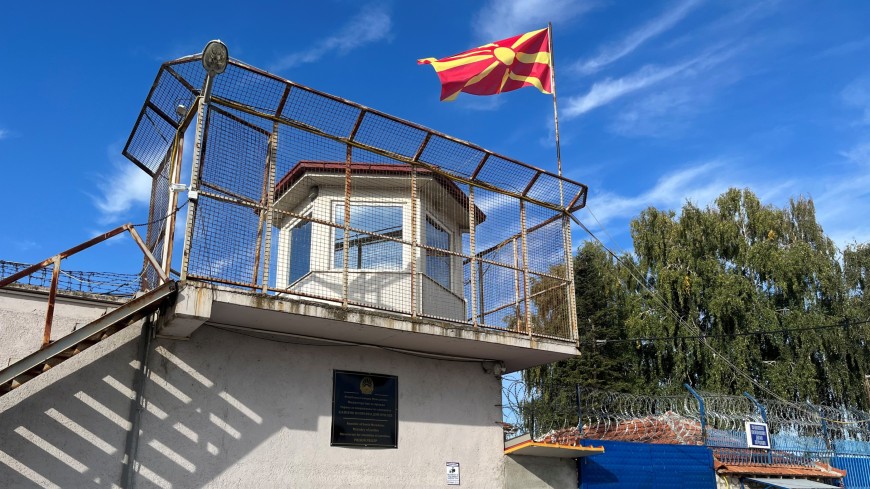The visit focused on treatment by the police, including the effectiveness of investigations into complaints of alleged police ill-treatment, and on the conditions of detention of persons held in four prison establishments and one juvenile educational centre. It also examined the treatment and living conditions of patients in two psychiatric hospitals and of residents in a social care home.
The report concludes that there has been no improvement in the treatment of persons deprived of their liberty by the police since its 2019 visit. The CPT received many allegations of police ill-treatment related to the time of arrest or questioning in a police inspector office. In its report, the CPT calls upon the authorities to finally adopt a coherent strategy to combat this phenomenon. Furthermore, the recently established tripartite police accountability body (i.e. External Oversight Mechanism) needs to be supported by the adoption of a methodology for conducting effective investigations into such allegations on the basis of the concrete recommendations made by the Committee.
With regard to the CPT’s long standing concerns in respect of the situation in prisons, the report finds that improvements have been made at Skopje, Štip and Prilep Prisons, notably in respect of ensuring a minimum level of hygiene and state of repair in cells. The situation at Idrizovo Prison remained alarming with the report highlighting physical ill-treatment by staff and prolonged isolation of challenging prisoners, high levels of inter-prisoner violence, and unhygienic and unsafe conditions. The severe overcrowding in the closed regime sections exacerbates these problems. Further, pervasive staff corruption and favouritism undermines the proper functioning of the establishment and results in disadvantaged prisoners being held in the worst conditions.
The report notes that health care provision in prisons remains inadequate with insufficient staff, poor medical screening of recently arrived prisoners and improper management of inmates with substance use disorders. The Ministry of Health needs to show more leadership in addressing these deficiencies.
In conclusion, the CPT reiterates the view that the strategic reform of the prison system should focus on eradicating corruption among staff and professionalising the prison management through transparent, merit-based and depoliticised appointments as well as ensuring their hierarchical subordination to the prison administration.
With regard to the situation in the two psychiatric hospitals visited, patients were generally treated correctly. However, the report is critical of the informal segregation practises of patients observed in the Forensic Ward of the Skopje Psychiatric Hospital where patients were held without medical supervision or being offered any individualised therapeutic activities. Living conditions at the two establishments varied according to the state of renovation and maintenance of the wards, with some of them in disrepair and unhygienic. The report also criticises the practice observed at Demir Hisar Psychiatric Hospital of restraining patients to a bed with metal chains and padlocks, which may amount to inhuman and degrading treatment and must be ended immediately.
In relation to the situation at Demir Kapija Special Institution for Mentally Disabled Persons, progress has been made since 2019 with the transfer of certain residents to housing units in the community. The authorities should ensure that all residents benefit from an appropriate range of activities and review the staffing situation, in particular by recruiting a permanent doctor and reinforcing the component of orderly staff.
The report is published under the automatic publication procedure to which the authorities of North Macedonia have agreed.
- Read the report
- Read the executive summary (in English, in Macedonian)
- The CPT and North Macedonia




